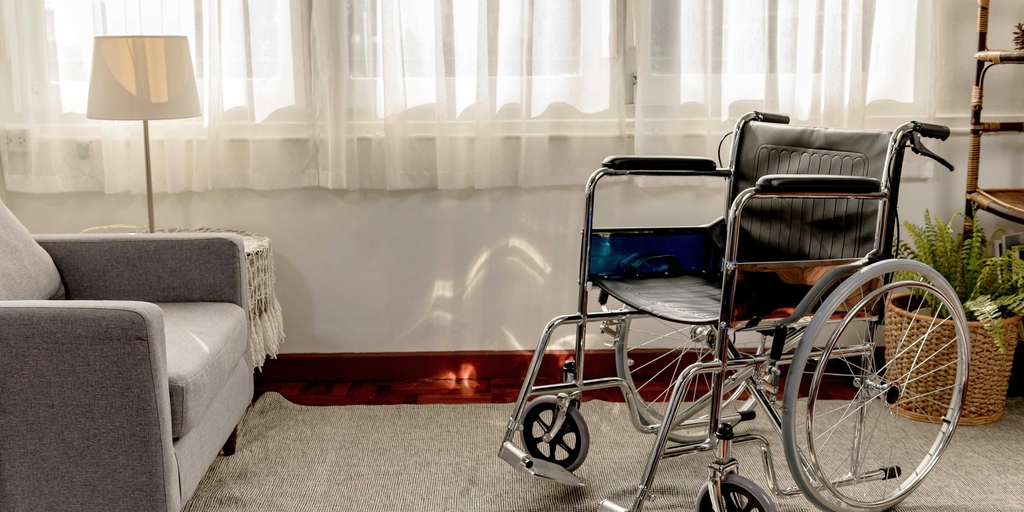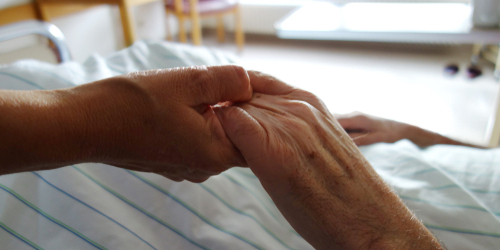Royal College of General Practitioners polls members on assisted suicide
Assisted Suicide
Following in the footsteps of the Royal College of Physicians (RCP), another medical college has polled its members on assisted suicide.
The Royal College of General Practitioners (RCGP) announced its consultation in June, and it sent an email to its members on Friday 1 November, asking whether they favour the college adopting a position of being for, against or neutral on assisted suicide.
The RCGP confirmed its opposition to assisted suicide last in 2014, after 77% of individual responses received to its last consultation were in favour of keeping the current ban.
This follows the RCP adopting a position of neutrality on assisted suicide earlier this year, despite the fact that ‘neutral’ was the least popular option among those polled.
The poll has been accused of being rigged, as it required a super-majority of 60% for or against to stop the college going neutral. It is currently the subject of a judicial review.
Broad definition of assisted suicide
The fact that the RCGP use the phrase ‘assisted dying’ betrays the stance they already hold on this issue.
‘Assisted dying’ is not a legal term and is a phrase that has evolved as campaigners attempt to soften a change to the law that is, in reality, just another form of euthanasia – hence why Dignity in Dying were formally known as the Voluntary Euthanasia Society. Whatever words are used, the reality remains the same: a third-party supplies lethal drugs to assist another in the act of self-killing.
The phrase is often used to refer to legislation which would restrict the use of legal assisted suicide to those who have a terminal diagnosis, with less than six months to live.
However, this safeguard has been proven to be ineffective, and the slippery slope is apparent in jurisdictions such as Oregon, where patients are assisted to kill themselves for non-fatal illnesses such as diabetes, and where safeguards such as the 15-day waiting period have recently been waived. Life expectancy is also impossible to predict with complete accuracy, thus the law is very difficult to adhere to strictly.
The RCGP definition of assisted suicide does not include the need for a terminal illness and is therefore effectively consulting on the broadest definition. This would include disability, psychological conditions and existential suffering, such as through old age.
A bleak future for GPs
The consultation also asks for views on how much involvement GPs would have under a new law – as a legal change could lead to assisted suicide becoming a routine part of primary care.
It could mean that GPs would potentially be solely responsible for providing an accurate psychiatric diagnosis of patients and detecting coercion or abuse.
In Oregon, where assisted suicide is legal, doctors prescribe assisted suicide every 10 or 11 days, and in some cases have very little ongoing relationship with patients.
Only 1.8% of assisted suicides in Oregon occur following a psychiatric evaluation, and just over half of those seeking assisted suicide cite fear of being a burden as an influence in their decision making.
Why neutrality is a myth
Last year Baroness Finlay and David Sulmasy et al argued in the Journal of General Internal Medicine that neutrality sends a political message: it suggests that ‘moving from opposition to neutrality is not ethically neutral, but a substantive shift from prohibited to optional’.
When the RCP adopted a position of neutrality earlier this year, they stated they would no longer be ‘focusing on assisted dying in their work’, which means physicians represented by the college now lose their voice in the public debate on this issue.
Campaigners have made it clear that they are seeking for colleges to adopt a position of neutrality. Professor Raymond Tallis, who is the former chair of Healthcare Professionals for Assisted Dying, said the following in 2012:
'I believe that we shall bring these bodies round to an appropriate stance of neutrality and that, with this obstacle out of the way, Parliament may indeed come to support legislation in favour of assisted dying.'
This recent consultation follows both the RCP and the BMA, who also announced in June that they are polling their members on whether they should adopt a position of neutrality.
Find out more
Watch Dr Trevor Stammers explain why he is opposed to a change in the law.





Share story
Royal College of General Practitioners polls members on assisted suicide